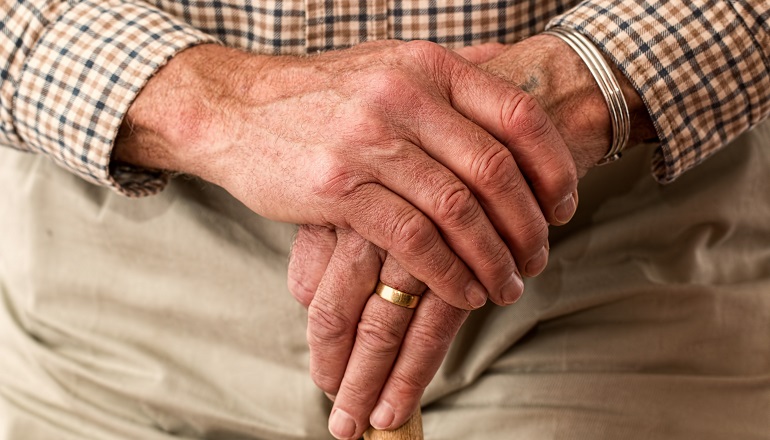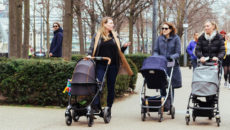An Adoptive Families subscriber asked: “My husband and I are 55 and 49 years old and have two children, ages 4 and 9. I was quite embarrassed recently when, in my son’s presence, a stranger asked if I was his grandmother. Moreover, I am concerned about the impact on our children of our age. How did having older parents affect you?”
Our Panel of Adult Adoptees Responds:
Older Meant Better
My parents were forty years old when they adopted me. They were so ready to be parents. My mom was an amazing mother. (She died of cancer when we were eight years old, however.) Overall, age did not stop them from being extremely involved with us. Honestly, I always thought older meant better-they were more prepared to parent. They had traveled and were very well educated. This definitely helped shape our lives.
—Laura, age 24
Older Parents, Older Grandparents
My folks were 34 and 36 when they adopted me in the 1950s, considered “older.” They were no more “out of it” than my friends’ parents. Now, at 78 and 80 years old, and in comparison with my younger in-laws, there is a difference. My husband doesn’t have the worries I have about my parents’ declining health. My folks love my five year old son to death, but there are few physical activities they can engage in with him.
—Marsha, age 44
[The “Older Parent Adoption” Issue]
Boring and Unstylish-but Stable
My parents were ages 33 and 38, defined as “old,” when I arrived from Korea. I chose not to discuss my parents’ ages, and was relieved that they didn’t look really “old.” I wanted them to be “cool” like my friends’ moms who wore fashionable clothes. I thought my dad liked nature shows, “Lake Wobegon” and opera because he was boring and old. I now know that these are simply his interests, and had nothing to do with his age. My parents provided a very stable and financially secure family life. Their marriage was strong, and they always presented a united front. Whether this is attributable to who they are, or being “older” and more mature, I don’t know.
—Kathy, age 29
Not All Older Parents are Financially Secure
Economically, my family was quite marginal. Not all older parents are financially secure. When I was ten or so, I harbored a secret fear that my parents were going to die. They were in their mid-fifties at the time. My mother went to the foot doctor every week for her arthritis, and my father stored his teeth in a glass at night. As it turned out, several of the neighborhood fathers died decades before mine, who lived to be 92. Children of older parents have a hard lot when they enter the “sandwich” generation. My parents were in their eighties when my own children were still toddlers. One unfortunate result is that my children remember their grandparents only as they were in their declining years. God planned things so that, if everything goes right, (a) your parents, as loving grandparents, can help you with your children, and then (b) your own children are grown before you have to parent your parents. In my case, I often had tantrums to deal with from both generations at the same time.
—Ernesto, age 53
[Parent-to-Parent: Embracing “Older” Parenthood]
Love More Important Than Age
Although I didn’t know it growing up, my adoptive parents are 20 years older than my biological parents. I knew that my parents were older but age was not an issue for me. My mother did all the things other parents did: softball practice, piano lessons, etc. Yes, we experienced some differences due to the wide age gap, but this is an issue many families deal with. In my case, the power of love enabled us to work through these difficulties.
—Marylee, age 36



